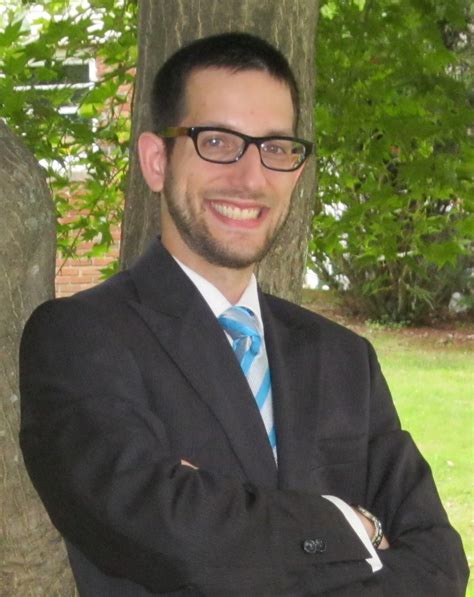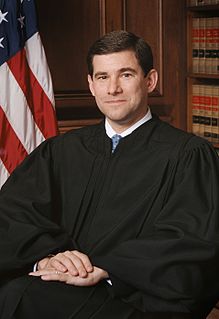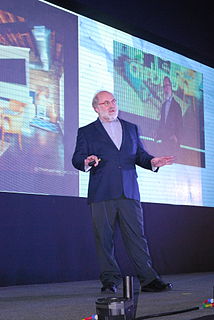A Quote by R. Buckminster Fuller
Nature is trying very hard to make us succeed, but nature does not depend on us. We are not the only experiment.
Related Quotes
Nature is purposeless. Nature simply is. We may find nature beautiful or terrible, but those feelings are human constructions. Such utter and complete mindlessness is hard for us to accept. We feel such a strong connection to nature. But the relationship between nature and us is one-sided. There is no reciprocity. There is no mind on the other side of the wall.
We live in a time when there are tech companies that have an unprecedented accumulation of power, wealth, and information with basically no competition. It's not in their nature to self-regulate, to break themselves up, or ask for less information. It's only in their nature to grow and gain more information from us, because the more that they know about us, honestly the better they can market to us and sell to us and make us better consumers.
Suicide may also be regarded as an experiment - a question which man puts to Nature, trying to force her to answer. The question is this: What change will death produce in a man's existence and in his insight into the nature of things? It is a clumsy experiment to make; for it involves the destruction of the very consciousness which puts the question and awaits the answer.
Nature consists of facts and of regularities, and is in itself neither moral nor immoral. It is we who impose our standards upon nature, and who in this way introduce morals into the natural world, in spite the fact that we are part of this world. We are products of nature, but nature has made us together with our power of altering the world, of foreseeing and of planning for the future, and of making far-reaching decisions for which we are morally responsible. Yet, responsibility, decisions, enter the world of nature only with us
Many people think that when we practice agriculture, nature is helping us in our efforts to grow food. This is an exclusively human-centered viewpoint... we should instead, realize that we are receiving that which nature decides to give us. A farmer does not grow something in the sense that he or she creates it. That human is only a small part of the whole process by which nature expresses its being. The farmer has very little influence over that process... other than being there and doing his or her small part.
Most of us have become Ecozombies, desensitized, environmental deadheads. On average, society conditions us to spend over 95% of our time and 99.9% of our thinking disconnected from nature. Nature's extreme absence in our lives leaves us abandoned and wanting. We feel we never have enough. We greedily, destructively, consume and, can't stop. Nature's loss in our psyche produces a hurt, hungering, void within us that bullies us into our dilemmas.
The American experiment is not a theocracy and does not establish an official religion, but the Declaration of Independence and the Constitution of the United States are rooted in a Christian perspective of the nature of government and the nature of man. The challenge of the next millennium will be to preserve the American experiment by restoring its Christian perspective.




































